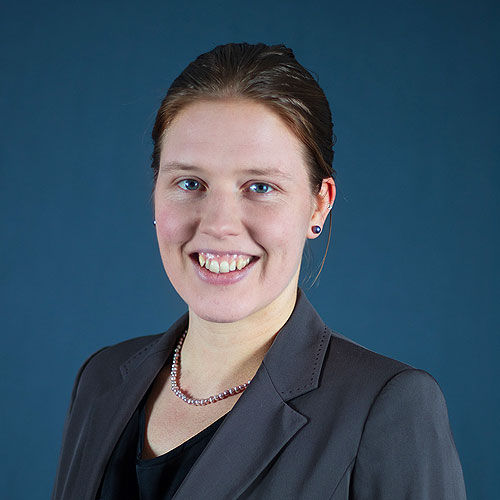Brie Nelson
B.Sc, M.Sc., EP
Brie joined WaterSMART at the start of 2017 where she focuses on research and project management in several Lines of Business, including Watershed Managers, Public Sector and Resource Industries.
Brie has a Bachelor’s degree in Environmental Science from Mount Allison University, and later specialized in water through a Master’s degree in Integrated Water Resources Management at McGill University. These degrees provided her with the solid knowledge base and skills to be an effective water researcher and gave her a broad understanding of water governance and legislation in Canada.
Brie also worked for four years in public education as a nature interpreter in several Canadian Provincial and National Parks, which broadened her communications skill set and made her an excellent environmental educator and a comfortable public speaker.
In 2016 Brie was fortunate to undertake a three-month internship in Stockholm, Sweden working at the secretariat for the Global Water Partnership. The experience provided a valuable perspective on international relations as well as insight into global water management efforts, and Brie is pleased to share this perspective on a localized scale for the watersheds in Alberta. Brie also volunteers with the Centre for Affordable Water and Sanitation Technology (CAWST) to maintain her global perspective and to continue learning about water and sanitation development challenges.
Growing up in the Okanagan, on Vancouver Island and in Hawaii, Brie has a strong connection to lakes and oceans. Since high school, she has focused on working toward sustainable management of the extraordinary natural resources we enjoy in Canada, including water.
Brie is delighted to work with WaterSMART where she is able to play an active role in managing resources wisely, especially through cooperative, sustainable water management. She views water as a resource which we are all profoundly dependent on and sees water management as the most hopeful and urgent opportunity for localized as well as global cooperation. She believes that if we sustainably manage our very limited water resources, we prove the possibility of sustainability as a whole.

